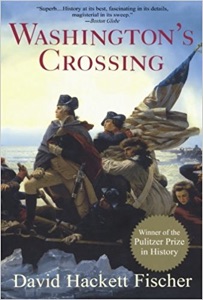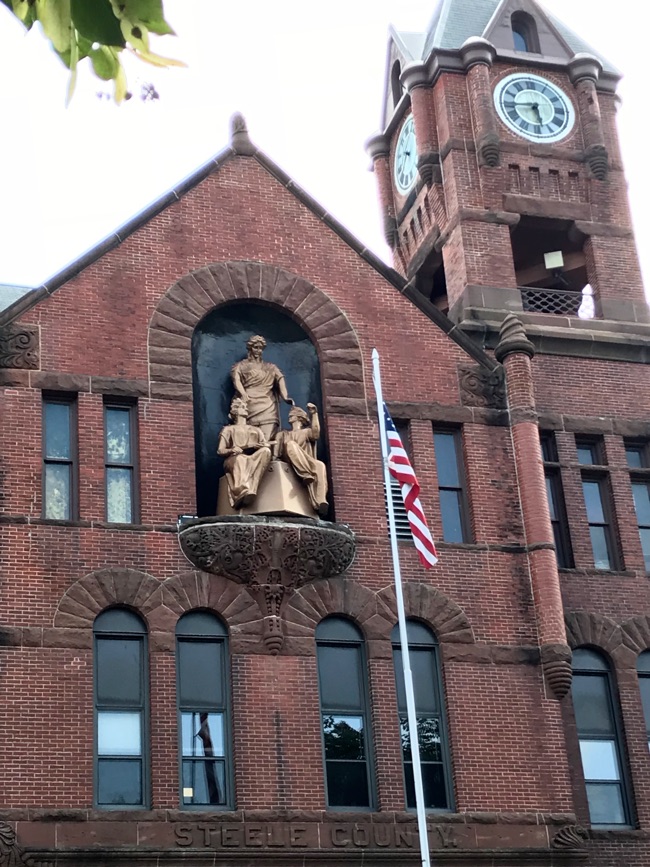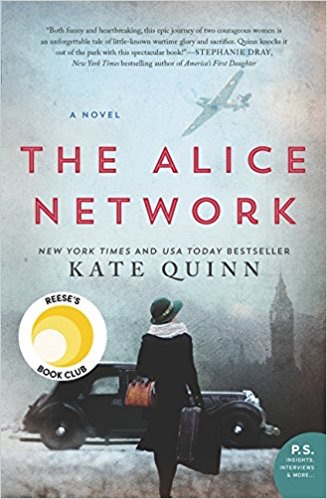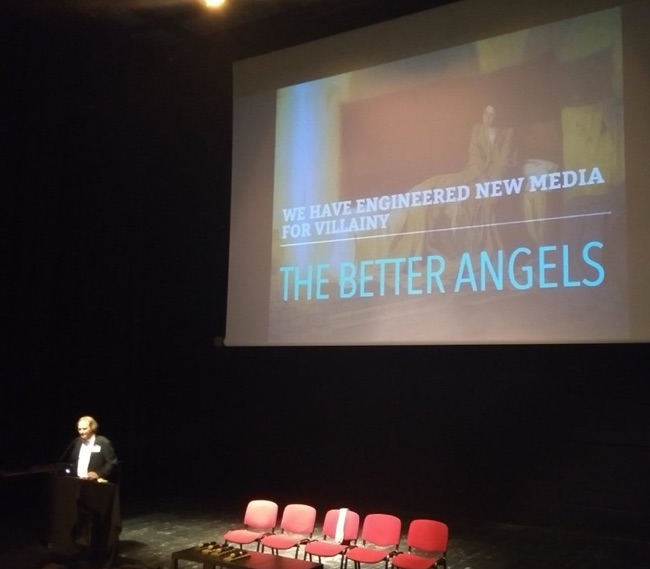I’m leaving soon for Minnesota, where Swing Left has four tossup races.
Speaking of Getting Out The Vote, here’s GOTV 1896, from Vachel Lindsay’s “Bryan! Bryan! Bryan!”
When Bryan came to Springfield , and Altgeld gave him greeting,
Rochester was deserted, Divernon was deserted,
Mechanicsburg, Riverton, Chickenbristle, Cotton Hill,
Empty: for all Sangamon drove to the meeting-
In silver-decked racing cart,
Buggy, buckboard, carryall,
Carriage, phaeton, whatever would haul,
And silver-decked farm wagons gritted, banged and rolled,
With the new tale of Bryan by the iron tires told.
The State House loomed afar,
A speck, a hive, a football, a captive balloon!
And the town was all one spreading wing of bunting, plumes, and sunshine,
Every rag and flag and Bryan picture sold,
When the rigs in many a dusty line
Jammed our streets at noon,
And joined the wild parade against the power of gold.
We roamed, we boys from High School,
With mankind, while Springfield gleamed, silk-lined.
Oh, Tom Dines, and Art Fitzgerald,
And the gangs that they could get!
I can hear them yelling yet.
Helping the incantation,
Defying aristocracy,
With every bridle gone,
Ridding the world of the low down mean,
Bidding the eagles of the West fly on,
Bidding the eagles of the West fly on,
We were bully, wild and woolly,
Never yet curried below the knees.
We saw flowers in the air,
Fair as the Pleiades, bright as Orion,
-Hopes of all mankind,
Made rare, resistless, thrice refined.
Oh, we bucks from every Springfield ward!
Colts of democracy-
Yet time-winds out of Chaos from the star-fields of the Lord.
The long parade rolled on. I stood by my best girl.
She was a cool young citizen, with wise and laughing eyes.
With my necktie by my ear, I was stepping on my dear,
But she kept like a pattern without a shaken curl.
She wore in her hair a brave prairie rose.
Her gold chums cut her, for that was not the pose.
No Gibson Girl would wear it in that fresh way.
But we were fairy Democrats, and this was our day.





